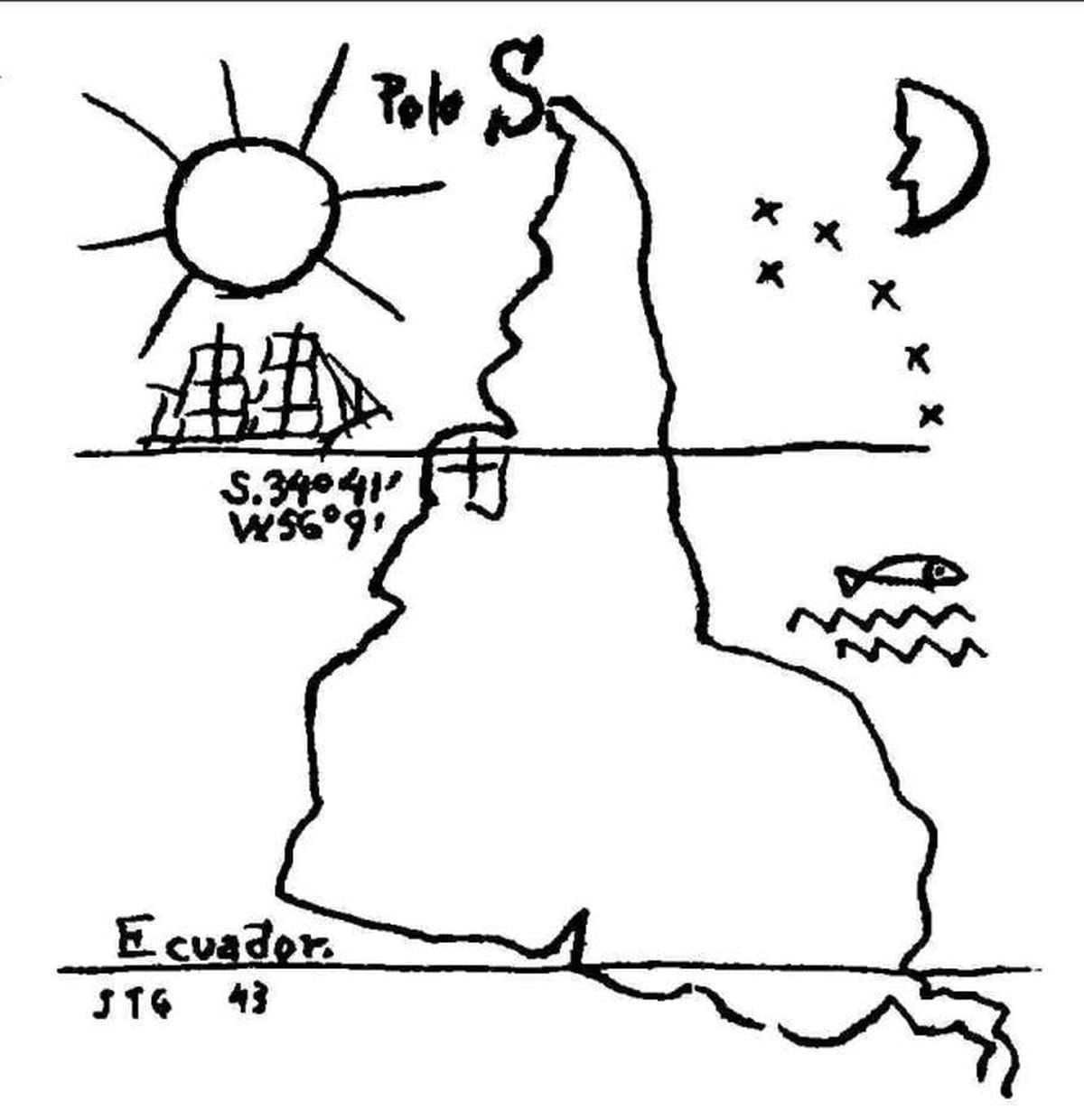On the horizon an unknown island is drawn. Some crew members disembark armed. Circe, the goddess of beautiful braids, welcomes them with a friendly smile and succulent delicacies. But, alas, after a few glasses of wine, brushing them with his wand, he transforms them into pigs. When Odysseus leaves the ship in search of him, Hermes offers him a magical plant called moly, an antidote to Circe's pig spell. Protected by the powers of the grass, he accepts the seduction of the magician, lies with her on a beautiful bed and, with a convincing wallow, manages to return to the sailors their joyful human bodies – no longer hooves or sirloins.
As in the Odyssey, our world suffers the curse of new magicians. At the turn of the century, certain financial elites dubbed the countries of southern Europe—Portugal, Italy, Greece, and Spain—with an acronym for swagger: the PIGS. The name came marinated in the usual stereotypes: indolent, carefree, wasteful, debtor and corruption-prone Southerners. The well-known arsenal of prejudices with which excesses were justified in Latin American or African lands.
The south has become an ideological category, rather than a cartographic one, the way in which the centers of power describe the periphery. Strictly speaking, all positions are relative: each place is at the same time north, south, east and west, depending on where the observer is located. But the northern point of view predominates, and even the language expresses preferences: "Losing the north" is synonymous with erratic behavior and ravings. There is born the cliché of that south that enjoys unearned advantages —the sun, the climate, the exuberance— and suffers deserved penances —poverty, emigration—. However, on a spherical planet there is no up and down, no superiority or inferiority. All points are equal. There is no scientific reason to place north above south, beyond the gaze of European explorers. History explains better than geography the coordinates of our prejudices.
Millennia ago, the north lacked symbolic prominence. For Herodotus it was an inhospitable world, a land of sorcery: there he placed fabulous beings with only one eye and griffins that guarded treasures. Instead, the rich civilizations resided in the east, there in the Fertile Crescent, Egypt and India, and the topic said: ex oriente lux. The geographer Strabo claimed that Ireland was plagued by cannibals, and considered that it was not worth conquering Britain, a miserable and uninhabitable territory. From the ancient point of view, the Gauls were savages; and the Germans, a warlike periphery of the Roman Empire. There is no destination associated with geography. At different times, the same place can be victor and vanquished, empire and backyard, broken and later prosperous. The only thing that does not change is the perception of the powerful countries of the day, convinced of being, forever, the compass of reality.
The Uruguayan artist Joaquín Torres García challenged the cartographic and mental precepts in 1943 with his drawing America inverted, where Patagonia points, like a cusp, upwards. He wrote: "Now we turn the map around, and thus have a true idea of our position. The south is our north." Revolutionizing the atlas, José Saramago imagined in The Stone Raft the Iberian Peninsula as a floating island heading to South America. The rebellious Mafalda, before the globe, wondered what certain poor souths had done to deserve certain norths. Let us not forget that those vilified territories invented the alphabet, democracy and constitutions, currency, history, theater, philosophy and physics, citizenship and international law, countless artistic currents, magical realism, a certain wisdom in living. For the writer Adelaida García Morales, the south was the longed-for place, the promise of another possible world. In the face of magicians and grievances, we need, like Odysseus, antidotes that challenge the nicknames of the herd. There are no corners in a sphere, nor are there "suraltern" places on this planet: it is still necessary to dream and sail towards the resurgence of the south.
Subscribe to continue reading
Read without limits
Read more
I'm already a subscriber









